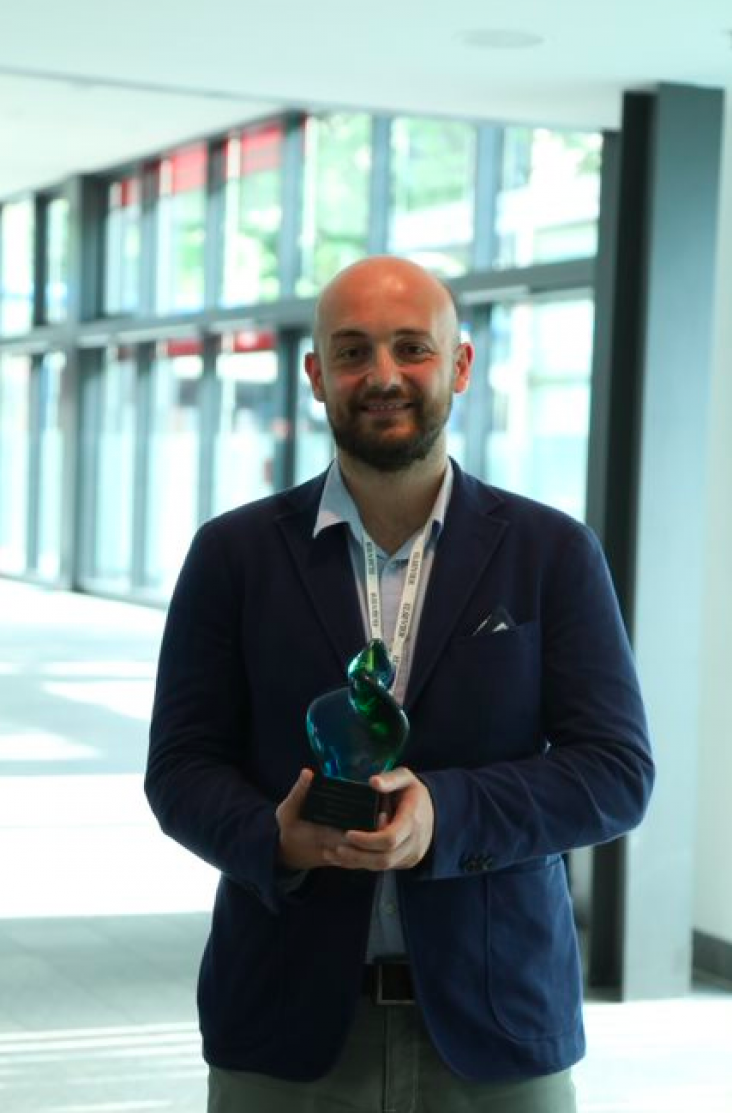Elsevier,
Global Food Security,
Volume 27,
2020,
100442,
ISSN 2211-9124,
https://doi.org/10.1016/j.gfs.2020.100442.
This paper provides an overview of children and adolescents’ diet. Food systems need to be redesigned to improve diet quality in children 0-19 years in order to address the multiple burdens of malnutrition. Data systems also need to be strengthened to track data quality among children. This article advances knowledge on SDG 2 and 3.
Harnessing genomic selection for efficient and sustainable livestock production is an important and markable way to address food security challenges.
This paper describes the relationship between agriculture, food supply chains and children’s and adolescents’ diets and their food accessibility, advancing knowledge on SDG 2, zero hunger.
This article supports SDG 2, SDG 3 and SDG 15 by highlighting the win-win solutions for national parks to both protect nature and improve local people's wellbeing.
The dichotomous divide between vegetarians and omnivores seems clear: Omnivores eat meat, whereas vegetarians do not.
Entomophagy is increasingly seen as a potential solution to provide a sustainable source of protein. However, the attitude of Western consumers towards insect-based products is generally negative.
Food production entails a series of steps and operations that convert raw biomass into final products suitable for human consumption.
Viticulture is a valuable sector worldwide with an extraordinary socio-economic impact in Spain.

In 2018, Dr. Alessio Adamiano, a researcher for the Italian National Research Council at the Institute of Science and Technology for Ceramic Materials, was awarded the second prize of €25,000. Contributing to SDGs 2, 13 and 14, his project, “Phos-Fate: Empowering fishing communities for climate change”, demonstrated how phosphorous can be recycled in a simple, scalable way by converting fish bones into products such as fertilizers. Two years later, we interviewed Dr. Adamiano about his experience at the Challenge, as well as the upcoming steps for his project empowering fishing communities for climate change.

The SDG Impact of COVID-19 podcast series gathers expert opinion exploring the impact of COVID-19 on the Sustainable Development Goals. In advance of World Food Day on October 16th, we get the view of Dr Debasis Bagchi, Director of Scientific Affairs at Victory Nutrition International.
